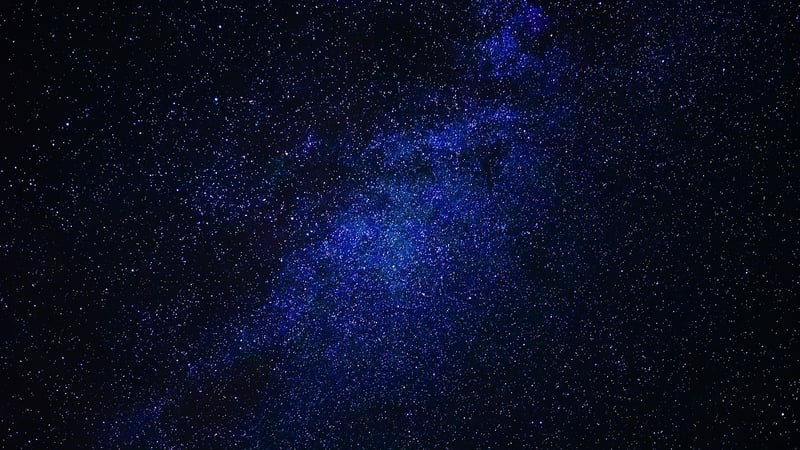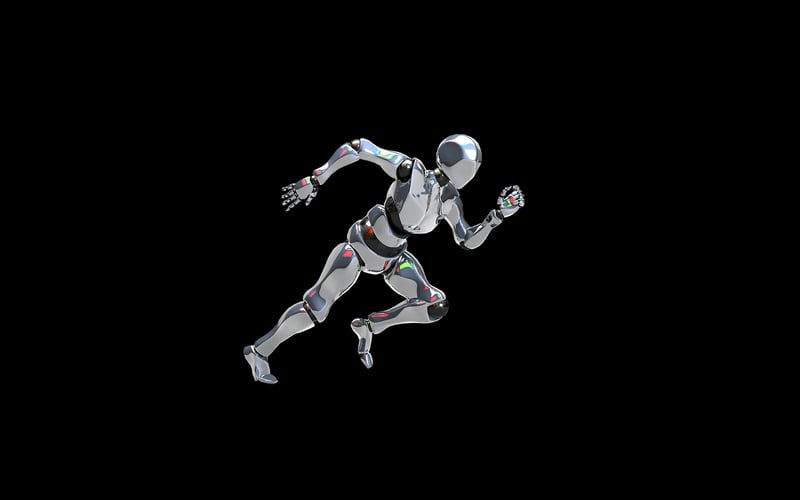Future Exploration
Exploring Different Eras: From Past to Future
The Past
Throughout history, humanity has witnessed various eras that have shaped the world we live in today. From the ancient civilizations of Egypt and Mesopotamia to the Renaissance period in Europe, each era has left its mark on culture, technology, and society.
Ancient Civilizations
Ancient civilizations like the Egyptians, Greeks, and Romans laid the foundation for modern society. Their advancements in architecture, mathematics, and governance continue to influence us to this day.
The Renaissance
The Renaissance period in Europe brought about a revival of art, science, and literature. Visionaries like Leonardo da Vinci and Michelangelo ushered in a new era of creativity and innovation.
The Present
As we stand on the shoulders of our ancestors, the present era is characterized by rapid technological advancements and globalization. The digital age has connected the world like never before, transforming how we communicate, work, and live.
The Future
Looking ahead, the future holds endless possibilities for exploration and discovery. From space exploration to artificial intelligence, humanity is on the brink of new frontiers that will redefine our understanding of the universe.
Space Exploration
With missions to Mars and beyond, space exploration continues to captivate our imagination. Discovering new planets, understanding black holes, and searching for extraterrestrial life are just a few of the exciting prospects on the horizon.
Artificial Intelligence
The rise of artificial intelligence promises to revolutionize industries, healthcare, and transportation. As AI technologies advance, we may see a future where machines are not just tools but intelligent beings capable of independent thought.
Conclusion
Exploring different eras, from the past to the future, allows us to appreciate how far we've come and envision where we're headed. Each era offers unique insights and opportunities for growth, shaping the course of history and inspiring generations to come.


